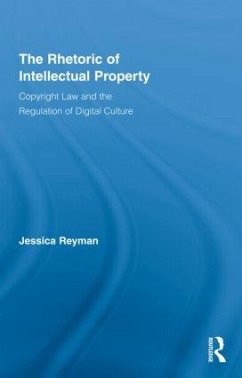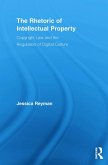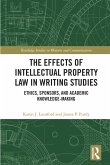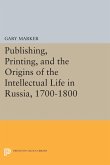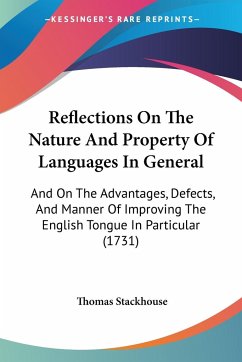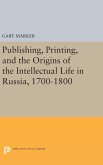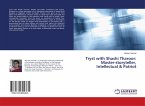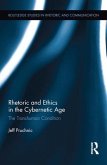In recent years we have witnessed a rising tension between the open architecture of the Internet and legal restrictions for online activities. The impact of digital recording technologies and distributed file sharing systems has forever changed the expectations of everyday users with regard to digital information. At the same time, however, U.S. Copyright Law has shown a decided trend toward more restrictions over what we are able to do with digital materials. As a result, a gap has emerged between the reality of copyright law and the social reality of our everyday activities. Through an analysis of the competing rhetorical frameworks about copyright regulation in a digital age, this book shows how the stories told by active parties in the debate shape our cultural understanding of what is and is not acceptable in the use of copyrighted works on digital networks. Reyman posits recent legal developments as sites of conflict between competing value systems in our culture: one of control, relying heavily on comparisons of intellectual property to physical property, and emphasizing ownership, theft, and piracy, and the other a value of community, implementing new concepts such as that of an intellectual "commons," and emphasizing exchange, collaboration, and responsibility to a public good. Reyman argues that the rhetoric of the digital copyright debate, namely the rhetorical positioning of technology as destructive to creative and intellectual production, has profound implications for the future of digital culture.
Hinweis: Dieser Artikel kann nur an eine deutsche Lieferadresse ausgeliefert werden.
Hinweis: Dieser Artikel kann nur an eine deutsche Lieferadresse ausgeliefert werden.

